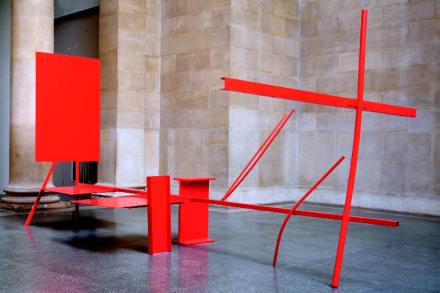Saturday Night Country: Gram Parsons & Emmylou Harris
There’s a sad lack of Gram Parsons footage on Youtube. And what there is isn’t of the greatest visual or audio quality. But we must make do with what we have and so here it is, the Streets of Baltimore in glorious black and white and filled with that old-time feeling… https://www.youtube.com/watch?v=yjsL1OTHv7U














